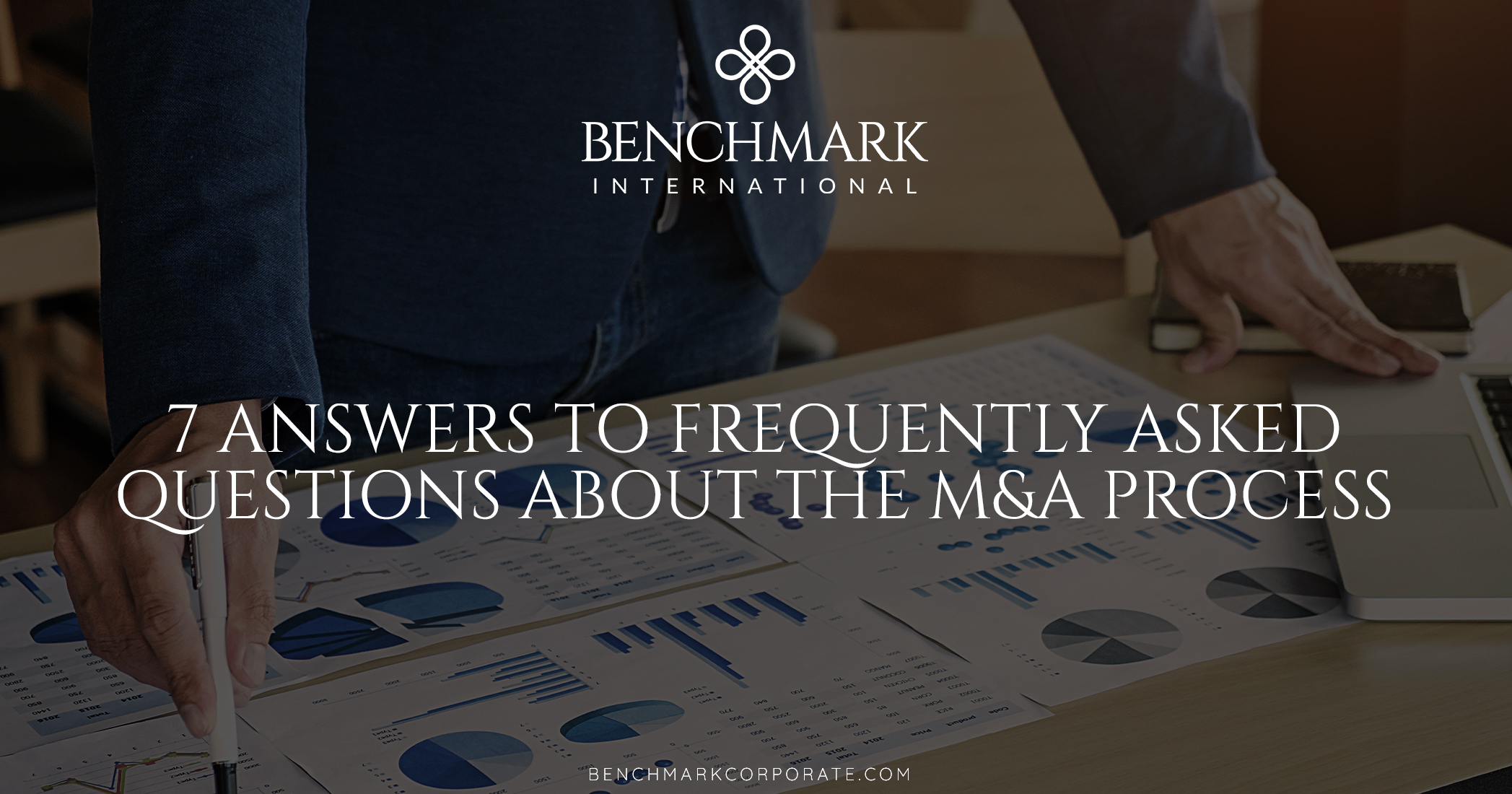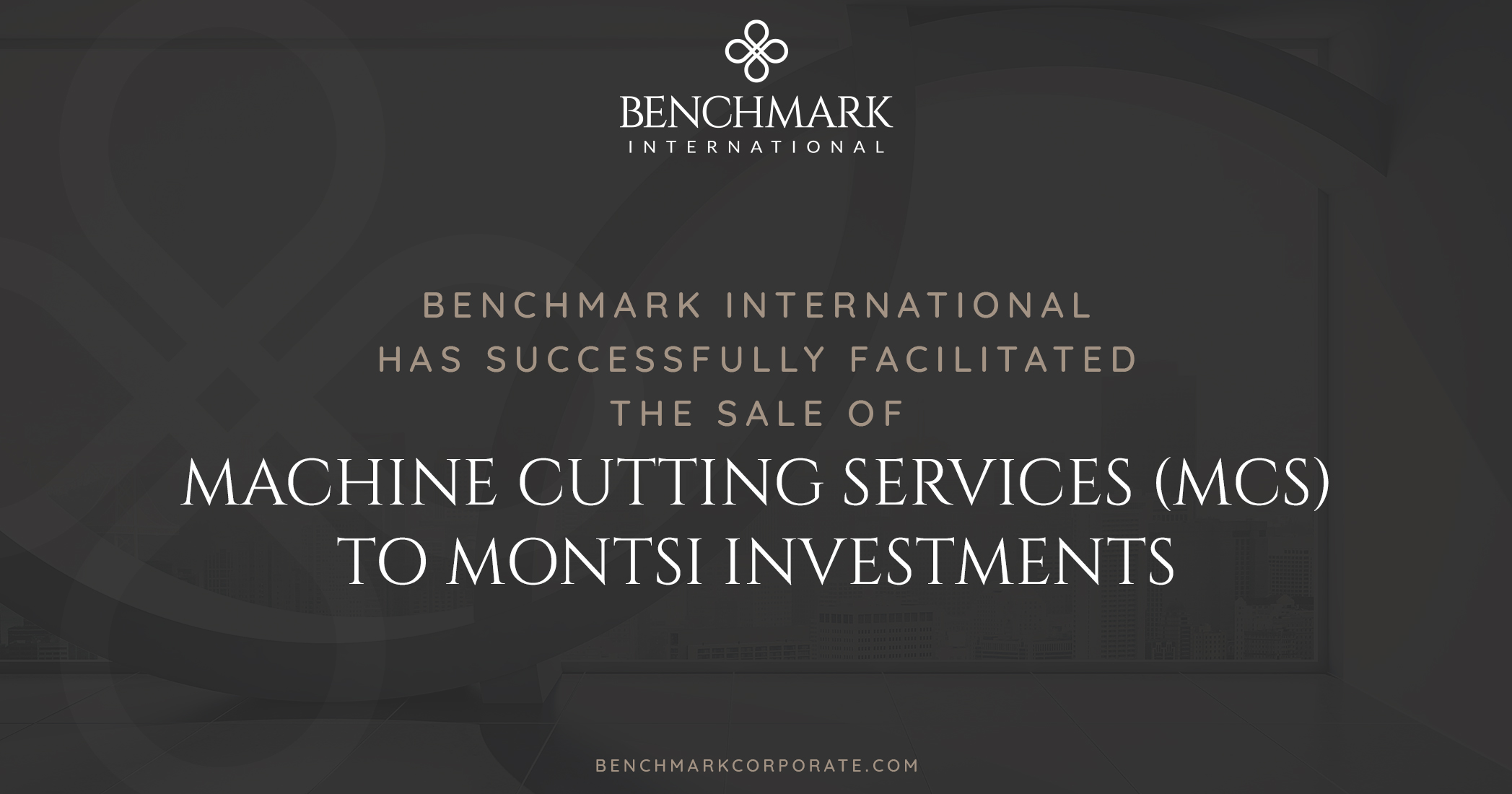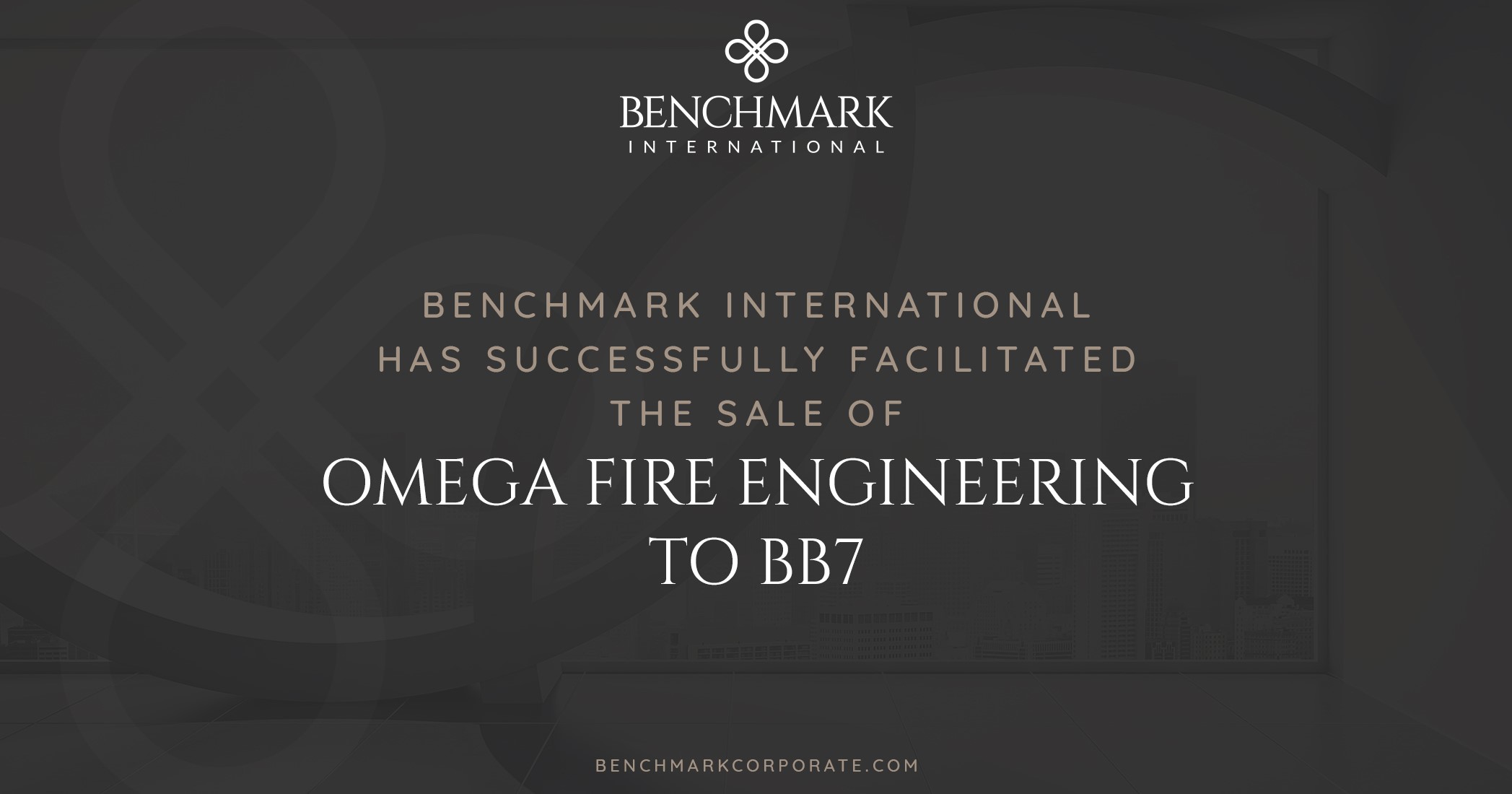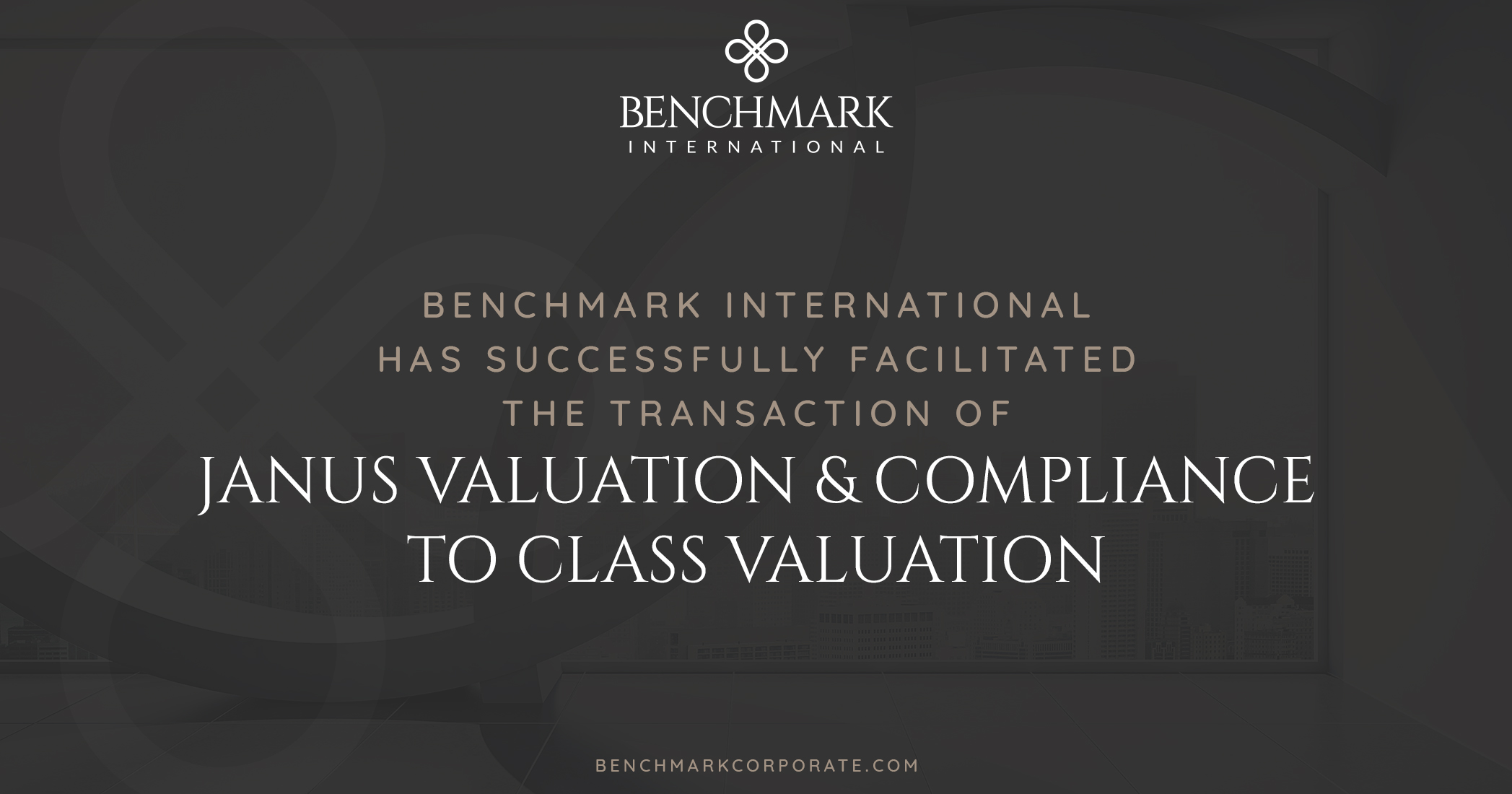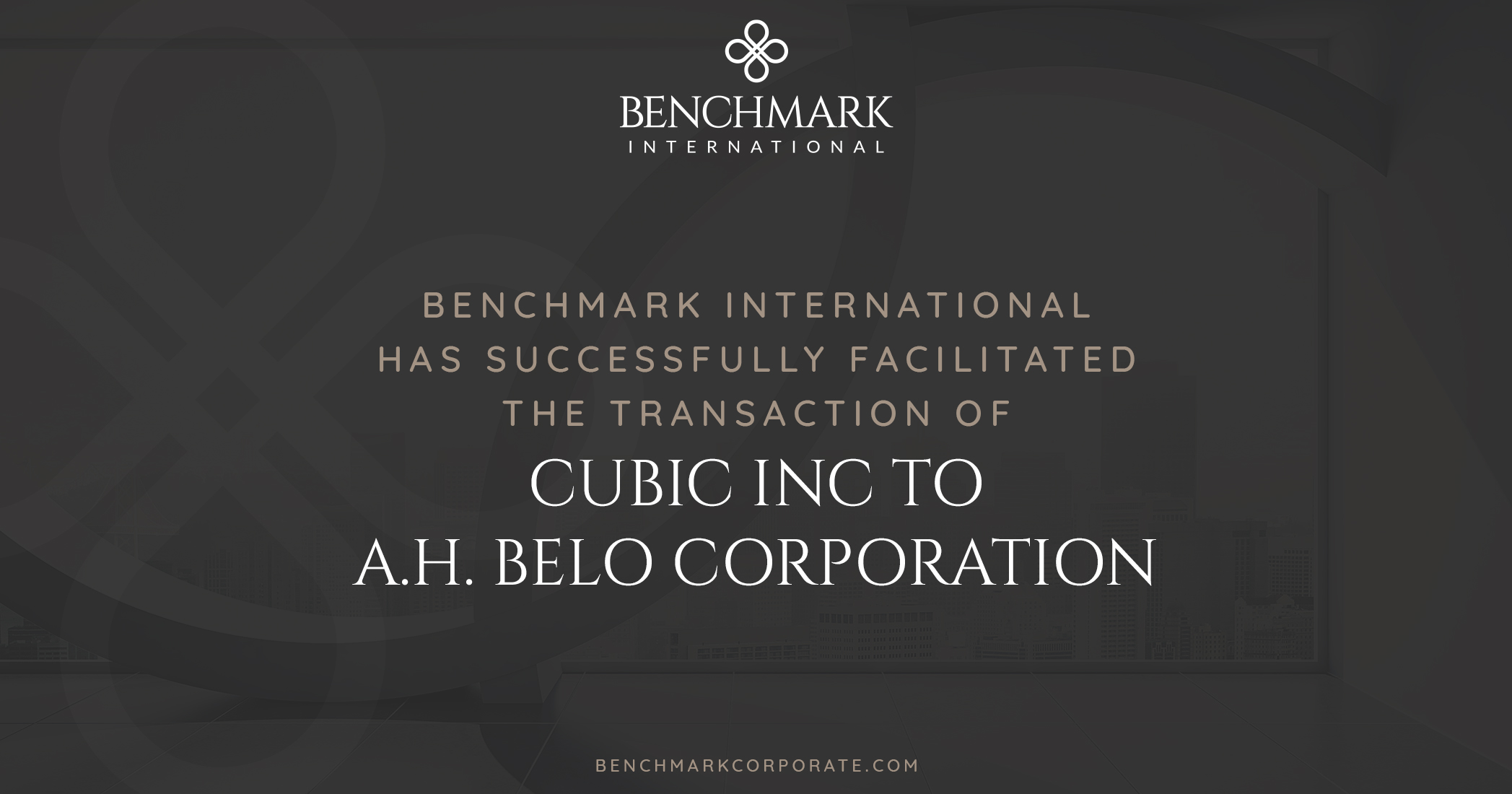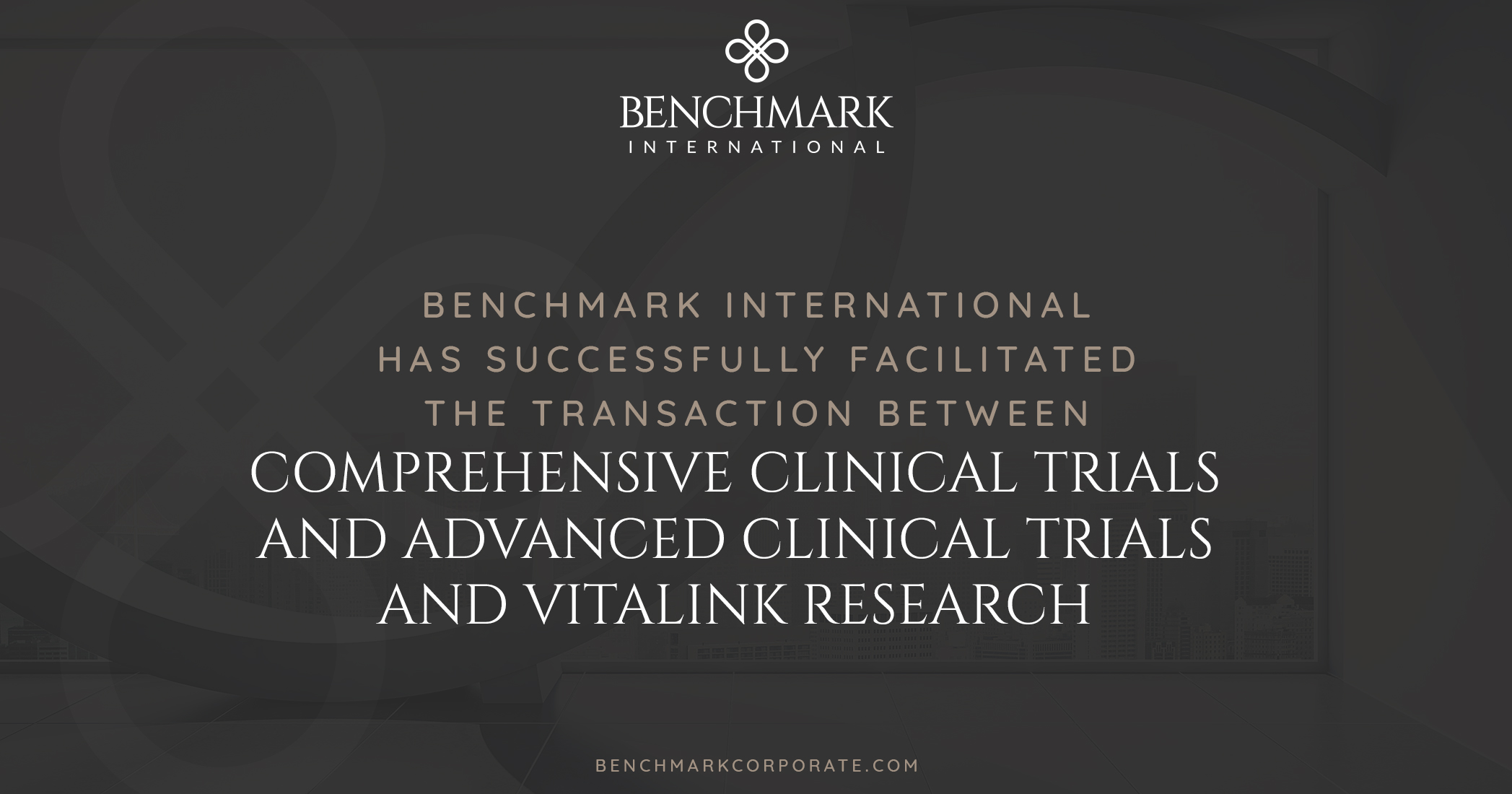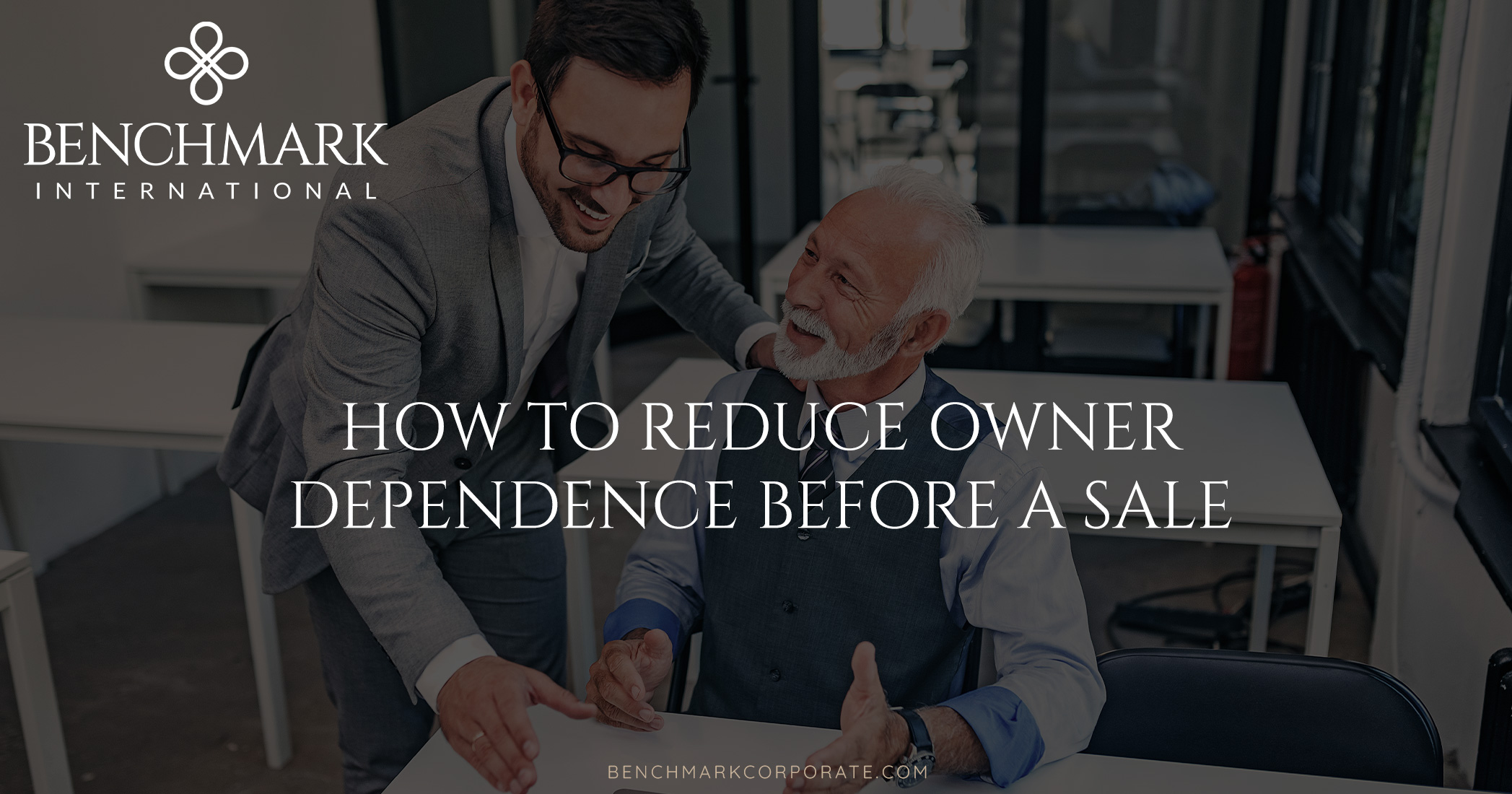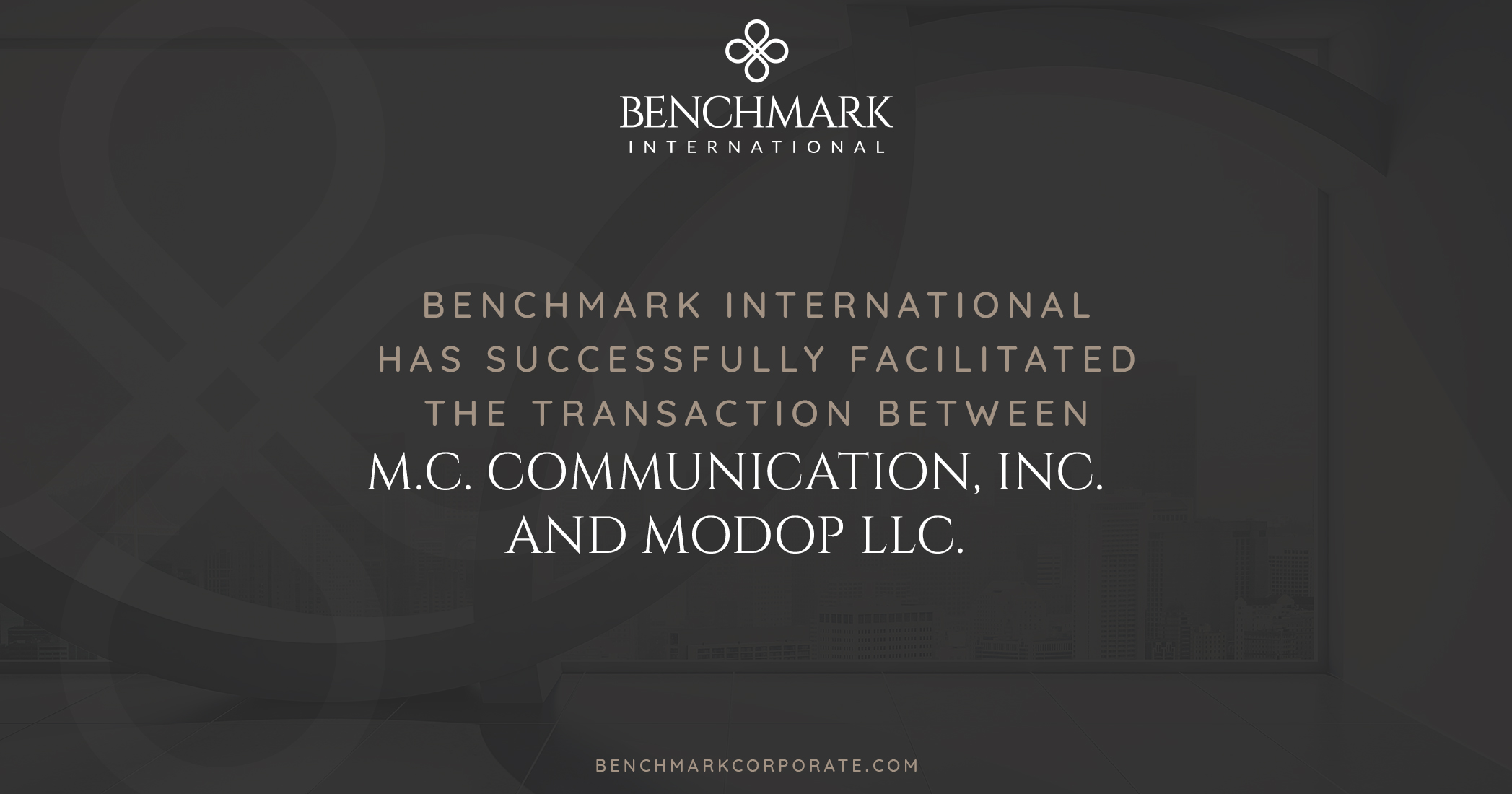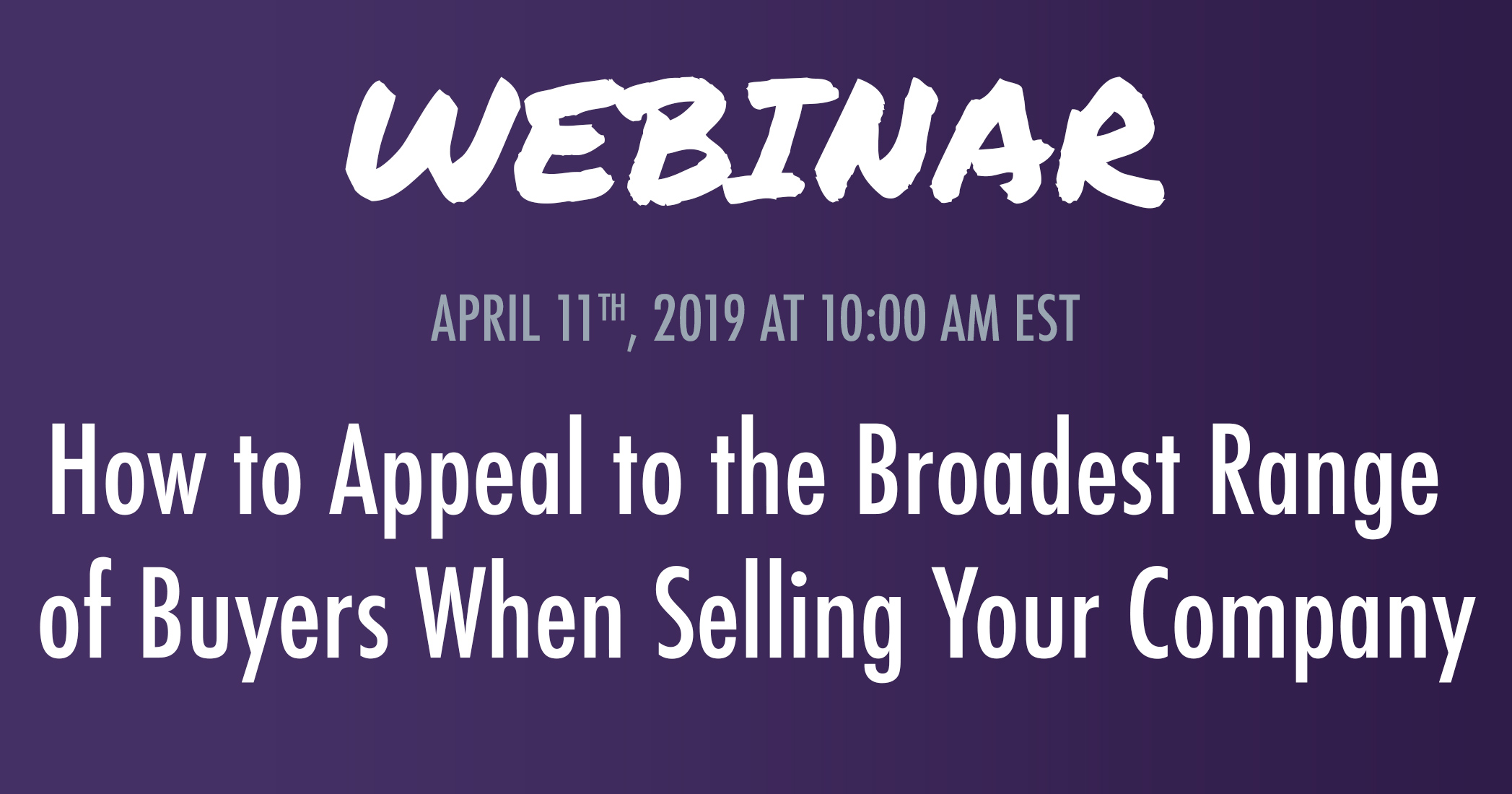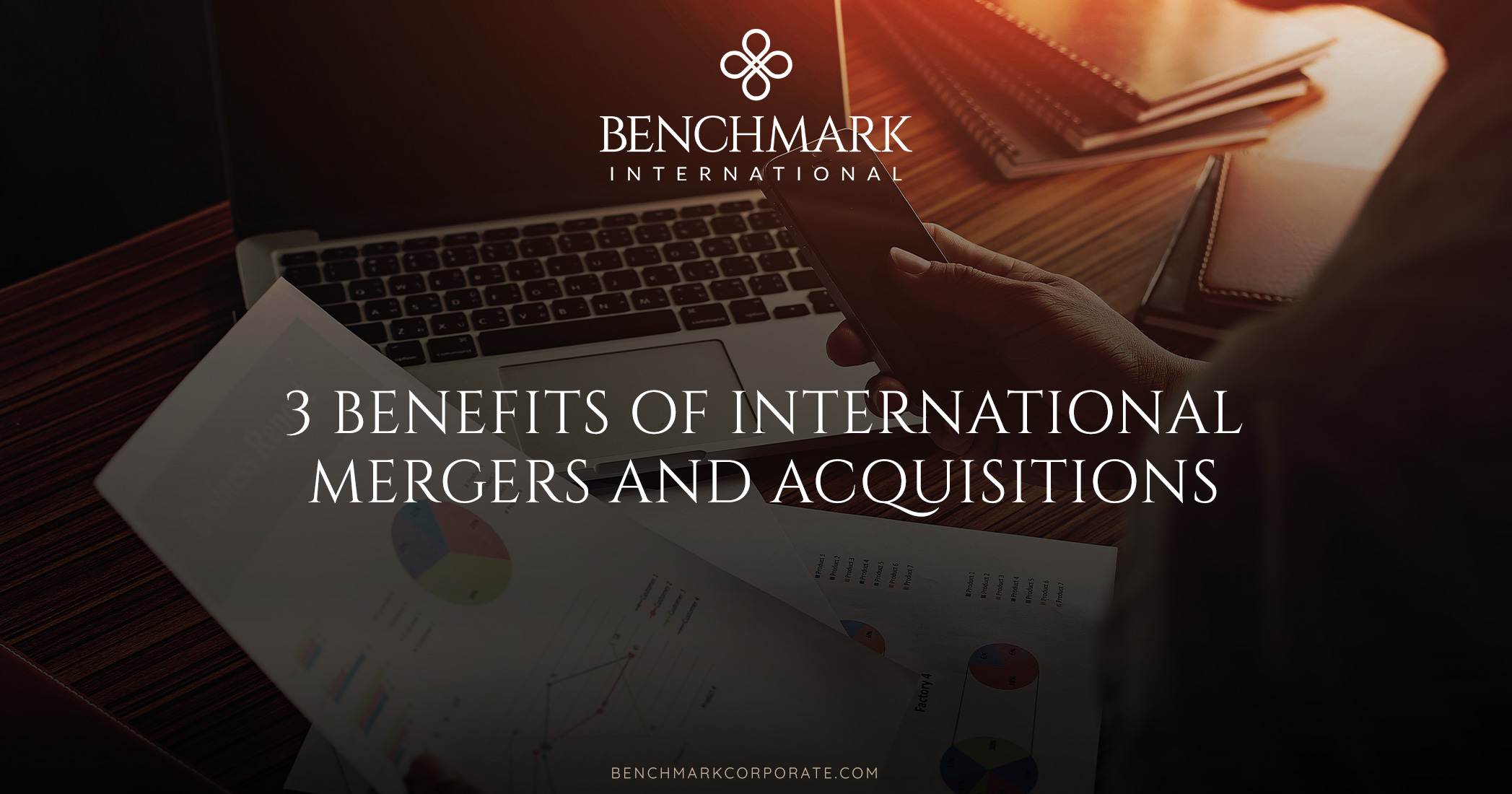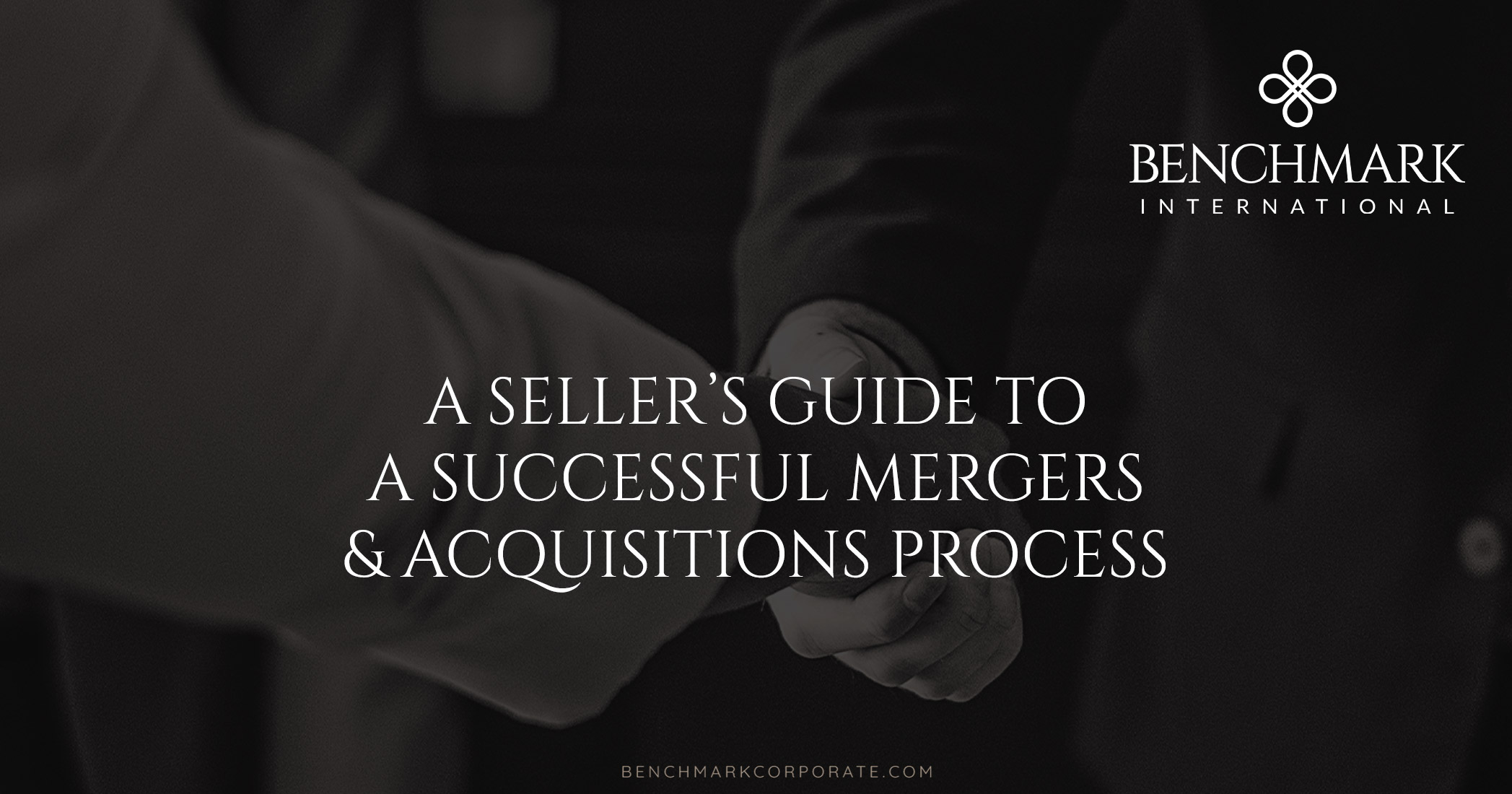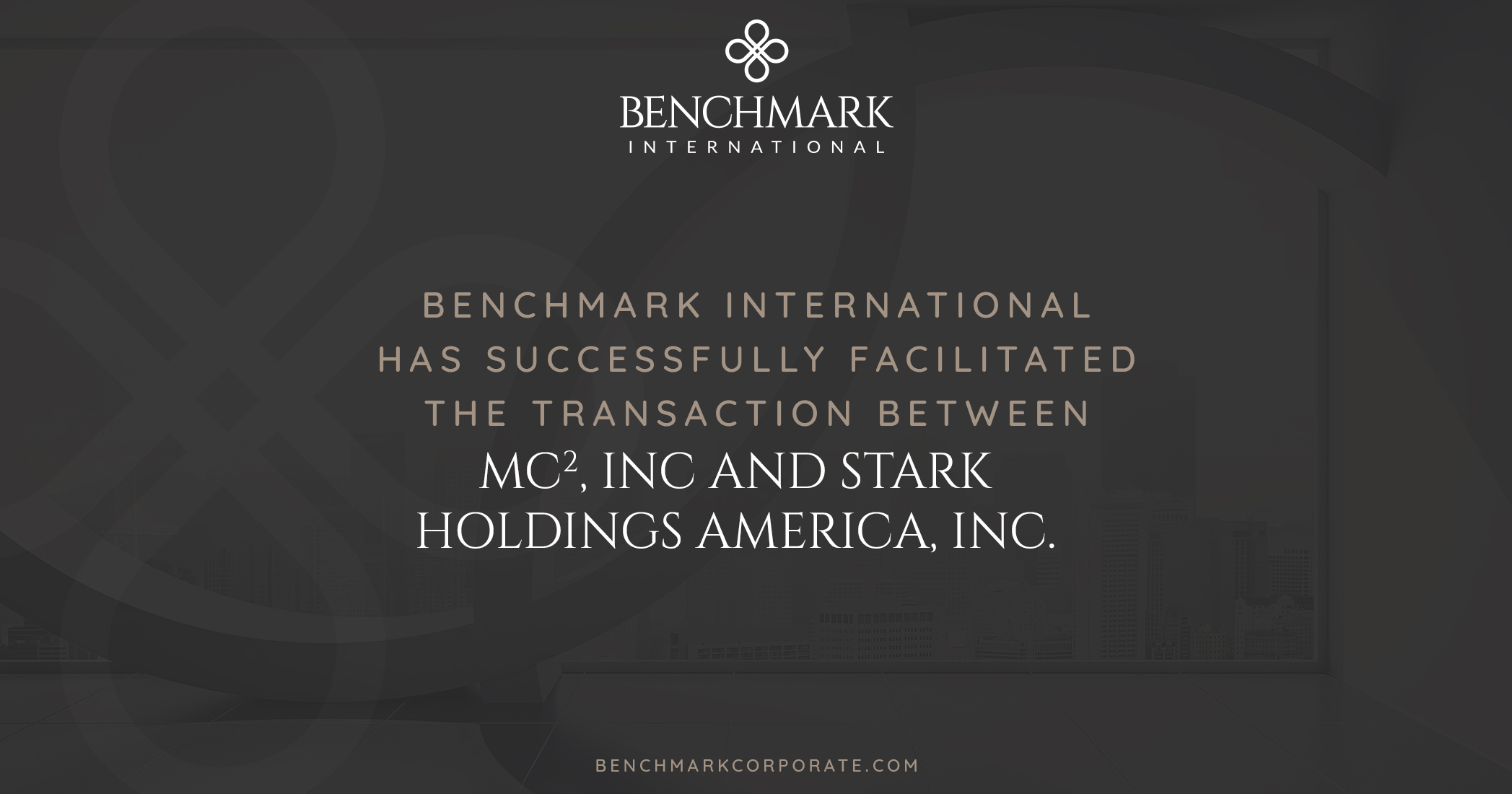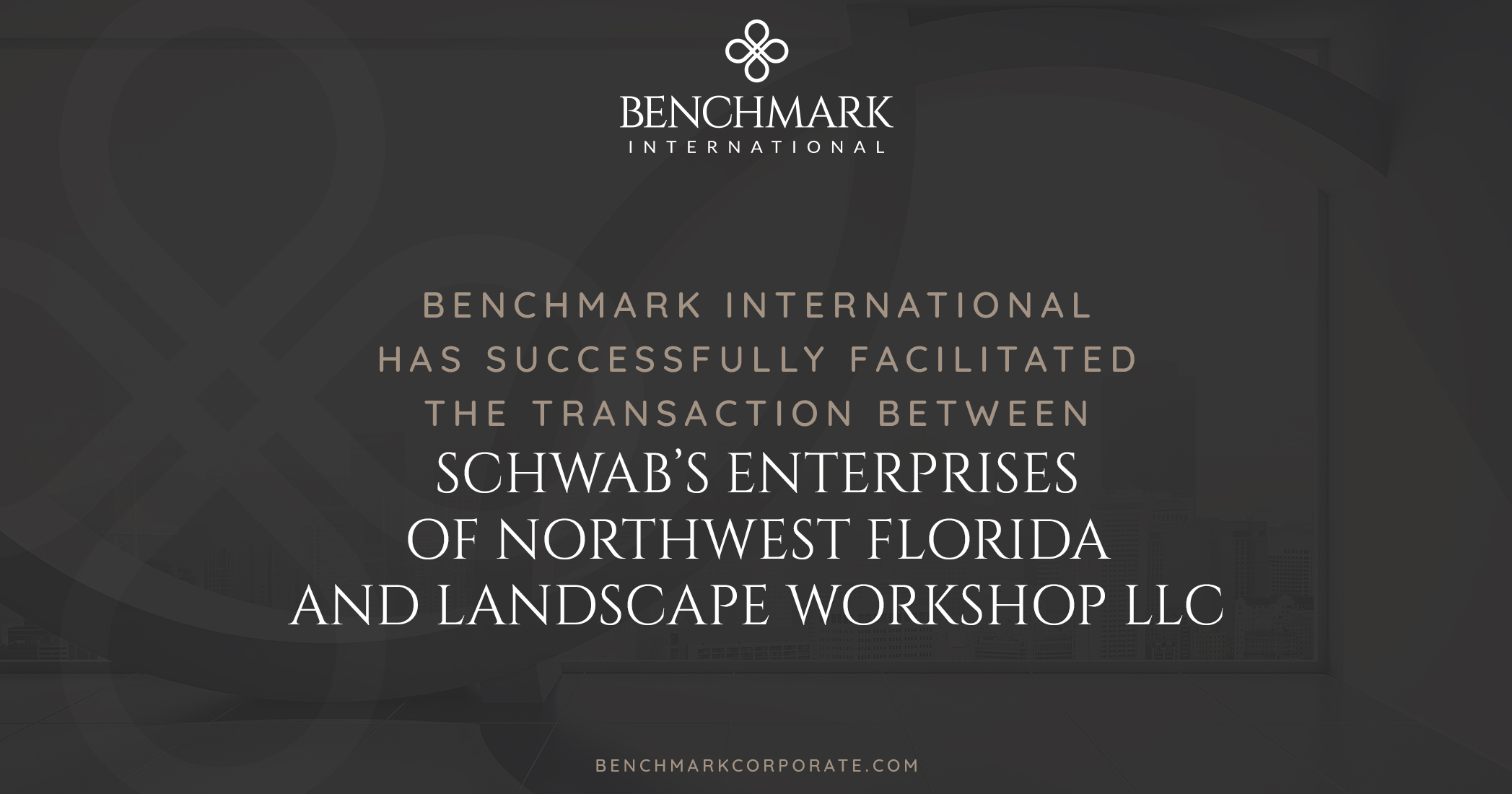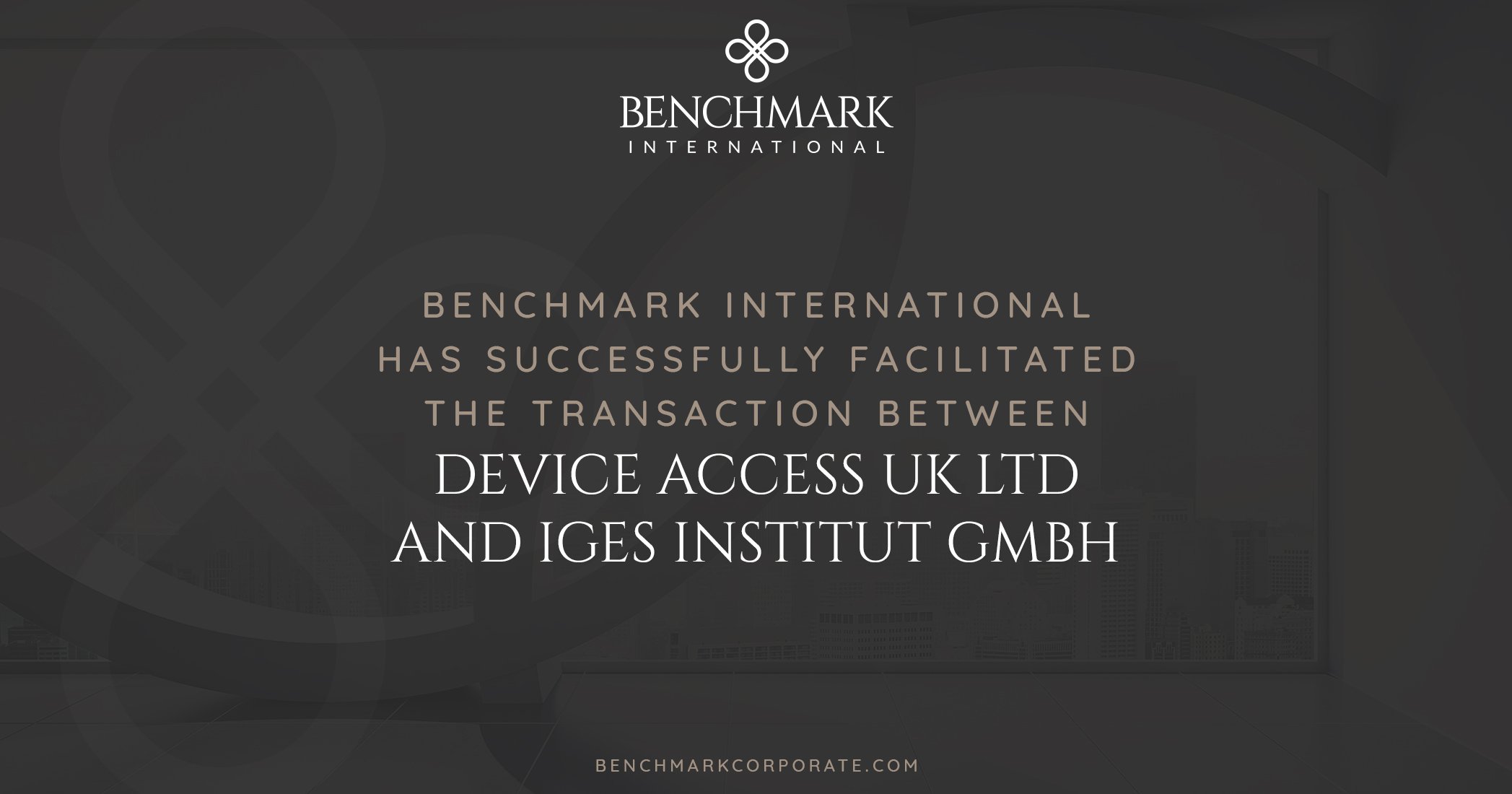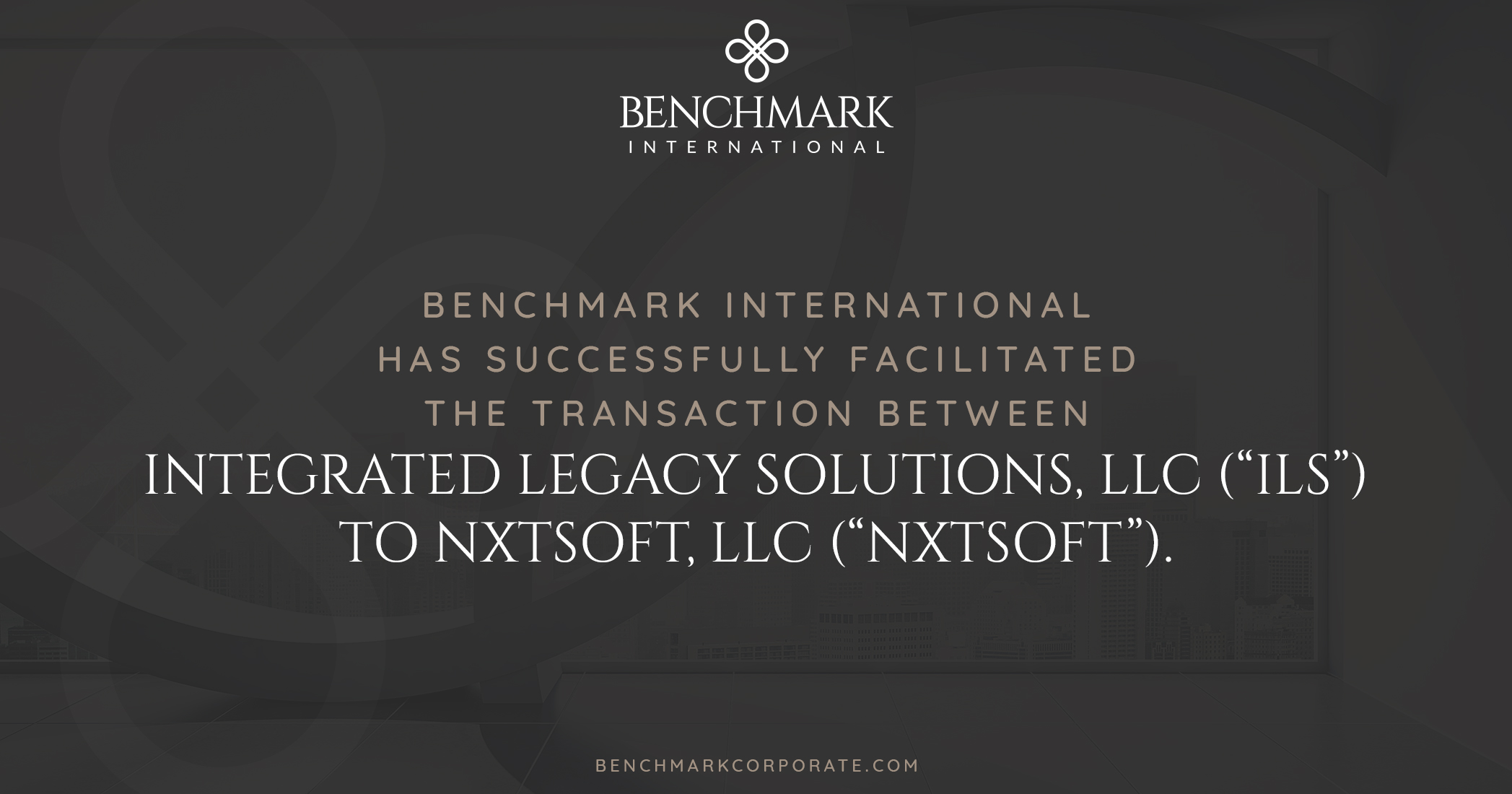The Mergers and Acquisitions (M&A) process is exhausting. For most sellers, it’s a one-time experience like no other and a marathon business event. When done well, the process begins far in advance of the daunting “due diligence” phase and ends well beyond deal completion. This Seller’s guide summarizes key, and often overlooked, steps in a successful M&A process.
Phase I: Preparation – Tidy Up and Create Your Dream Team.
Of course, our own kids are the best and brightest, and bring us great pride and joy. Business owners tend to be just as proud of the company they’ve built, the success of their creation, and the uniqueness of their offering. Sometimes this can cloud an objective view of opportunities for improvement that will drive incremental value in a M&A transaction.
For starters, sellers must ensure that company financial statements are in order. Few things scare off buyers or devalue a business more than sloppy financials. A buyer’s Quality of Earnings review during due diligence is the wrong time to identify common issues such as inconsistent application of the matching principle, classifying costs as capital vs. expense, improper accrual accounting, or unsubstantiated entries. In addition, the ability to quickly produce detailed reports – income statement; balance sheet; supplier, customer, product, and service line details; aging reports; certificates and licenses; and cost details – will not only drive up buyer confidence and valuations, but also streamline the overall process.
Key in accomplishing the items above as well as a successful transaction is having the right team in place. Customarily, this doesn’t involve a seller’s internal team as much as his or her outside trusted advisors and subject matter experts. These include a great CFO or accountant, a sell-side M&A broker, a M&A attorney, and a tax and wealth manager. There are countless stories of disappointed sellers who regretted consummating a less-than-favorable transaction after “doing it on their own.” The fees paid to these outside subject matter experts is generally a small part of the overall transaction value and pays for itself in transaction efficiency and improved deal economics.

Phase II: On Market – Sell It!
At this stage, sellers that have enlisted the help of a good M&A broker have few concerns. The best M&A advisors are very hands on and will manage a robust process that includes the creation of world class marketing materials, outreach breadth and depth, access to effective buyers, client preparation, and ongoing education and updates. The seller’s focus is, well, selling! With their advisor’s guidance, a ready seller has prepared in advance for calls and site visits. This includes thinking through the tough questions from buyers, rehearsing their pitch, articulating simple and clear messages regarding the company’s unique value propositions, tailoring growth ideas to suit different types of buyers, and readying the property to be “shown.”
Most importantly, sellers need to ensure their business delivers excellent financial performance during this time, another certain make-or-break criterion for a strong valuation and deal completion. In fact, many purchase price values are tied directly to the company’s trailing 12-month (TTM) performance at or near the time of close. For a seller, it can feel like having two full time jobs, simultaneously managing record company results and the M&A process, which is precisely why sellers should have a quality M&A broker by their side. During the sale process, which usually takes at least several months, valuations are directly impacted, up or down, based on the company’s TTM performance. And, given that valuations are typically based on a multiple of earnings, each dollar change in company earnings can have a 5 or 10 dollar change in valuation. At a minimum, sellers should run their business in the “normal course”, as if they weren’t contemplating a sale. The best outcomes are achieved when company performance is strong and sellers sprint through the finish line.
Phase III: Due Diligence – Time Kills Deals!
Once an offer is received, successfully negotiated with the help of an advisor, and accepted, due diligence begins. While the bulk of the cost for this phase is borne by the buyer, the effort is equally shared by both sides. It’s best to think of this phase as a series of sprints and remember the all-important M&A adage, “time kills deals!” Time kills deals because it introduces risk: business performance risk, buyer financing, budget, or portfolio risk, market risk, customer demand and supplier performance risks, litigation risk, employee retention risk, and so on. Once an offer is received and both sides wish to consummate a transaction, it especially behooves the seller to speed through this process as quickly as possible and avoid becoming a statistic in failed M&A deals.
The first sprint involves populating a virtual data room with the requested data, reports, and files that a buyer needs in order to conduct due diligence. The data request can seem daunting and may include over 100 items. Preparation in the first phase will come in handy here, as will assistance from the seller’s support team. The M&A broker is especially key in supporting, managing, and prioritizing items for the data room – based on the buyer’s due diligence sequence – and keeping all parties aligned and on track.
The second sprint requires excellent responsiveness by the seller. As the buyer reviews data and conducts analysis, questions will arise. Immediately addressing these questions keeps the process on track and avoids raising concerns. This phase likely also includes site visits by the buyer and third parties for on-site financial and environmental reviews, and property appraisals. They should be scheduled and completed without delay.
The third and final due diligence sprint involves negotiating the final purchase contract and supporting schedules, exhibits, and agreements; also known as “turning documents.” The seller’s M&A attorney is key in this phase. This is not the time for a generalist attorney or one that specializes in litigation, patent law, family law, or corporate law, or happens to be a friend of the family. Skilled M&A attorneys, like medical specialists, specialize in successfully completing M&A transactions on behalf of their clients. Their familiarity with M&A contracts and supporting documents, market norms, and skill in selecting and negotiating the right deal points, is the best insurance for a seller seeking a clean transaction with lasting success.

Phase IV: Post Sale – You’ve Got One Shot.
Whether a seller’s passion post-sale is continuing to grow the business, retire, travel, support charity, or a combination of these, once again, preparation is key. Unfortunately, many sellers don’t think about wealth management soon enough. A wealth advisor can and should provide input throughout the M&A process. Up front, they can assist in determining valuations needed to achieve the seller’s long-term goals. When negotiating offers and during due diligence, they encourage deal structures that optimize the seller’s cash flow and tax position. And post-close, sellers will greatly benefit from wealth management strategies, cash flow optimization, wealth transfer, investment strategies, and strategic philanthropy. Proper planning for post-sale success must start early and it takes time; and, it’s critical to have the right team of experienced professionals in place.
The M&A process is complex, it usually has huge implications for a seller and his or her company and family, and most sellers will only experience it once in a lifetime. Preparing in advance, building and leveraging the expertise of a dream team, and acting with a sense of urgency throughout the process will minimize risk, maximize the probability of a successful M&A transaction, and contribute to the seller’s success and satisfaction long after the
deal closes.
READ MORE >>
 Benchmark International
Benchmark International  Benchmark International
Benchmark International 


